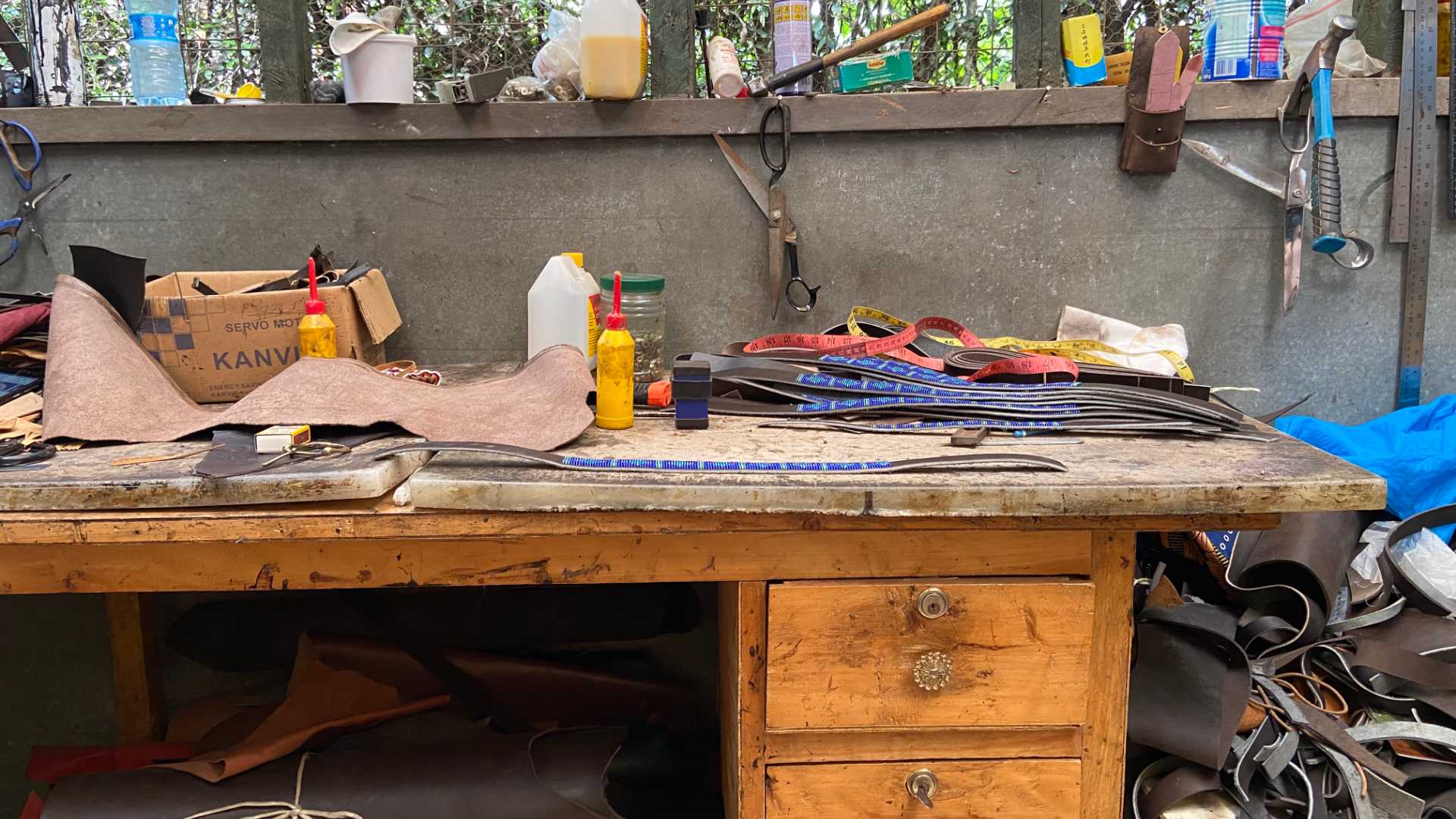
Living The Story We Tell
From Africa's Hands
A Movement Rooted In Possibility
In Our Name see's potential where others see limitations. The informal sector, often dismissed as survivalist or lacking growth prospects, is in fact a cornerstone of sustainable economic progress and poverty alleviation in Africa. It’s not just a sector- it’s a movement, a foundation, and an opportunity to redefine how we approach development.
The Informal Economy: Africa’s Backbone
The numbers tell a compelling story. According to the International Labour Organization’s 2018 report, Women and Men in the Informal Economy: A Statistical Picture, 60% of the global workforce is employed in the informal sector. In Africa, that figure soars to 85.5% - a reflection of limited formal sector opportunities and systemic challenges like low access to education.
As Africa’s working population approaches 730.4 million by 2050, it’s clear the formal economy cannot keep pace with such rapid growth. The informal sector, which already generates over 81% of jobs across the continent, is not just a fallback - it’s the backbone of African economies today.
From street vendors and artisans to transport operators and small-scale entrepreneurs, the informal sector drives local economies and enriches communities. It’s time we recognise its vital role and invest in its future.

Rethinking the Workforce: Beyond Stereotypes
One of the most pervasive misconceptions is that informal sector workers lack education. While it’s true many have limited access to formal education, a growing wave of university graduates is entering this space. Faced with a scarcity of opportunities in the formal economy, these innovators are launching micro-enterprises, transforming the informal sector into a hub of ambition, creativity, and resilience.
This shift presents an incredible opportunity for Africa to harness the talent and creativity of its people. Artisans in the informal sector have the potential to become global leaders in handcrafted products, rivalling the craftsmanship of countries like Thailand and Vietnam.
Scaling and Up-skilling: Turning Challenges into Strengths
The informal sector thrives on key qualities: entrepreneurial spirit, strong work ethic, access to raw materials, and competitive labour costs. These same traits are the building blocks for success in global markets. With targeted training in cost-effective production, quality control, and timely delivery, Africa’s artisans can create products that meet international standards and resonate with global buyers.
Our goal is clear: to help African artisans create products that reflect their rich heritage and craftsmanship while meeting the high standards of global markets.

Enter The Full Circle Initiative: Building an Ecosystem of Opportunity
Our vision comes to life through our Full Circle Initiative - a program designed to support artisans in Africa’s informal sector. We’re helping tackle the barriers they face: irregular incomes, lack of infrastructure, and limited market access. By building a robust product-to-market ecosystem, we aim to provide artisans with stable, sustainable incomes and empower their communities.
We know this model works. Our experience with artisan co-operatives in Thailand and Vietnam proves that channelling local skills into sustainable enterprises creates lasting economic benefits for entire communities. Now, we’re bringing that approach to Africa -because we believe in its potential to become a global leader in artisan-made goods.
 Commitment to Purpose and Progress
Commitment to Purpose and Progress
In Our Name’s mission transcends products. We’re trying to build a responsible and purpose-driven community that uplifts Africa’s artisans, celebrates their craft, and brings their exceptional work to the world. This isn’t just about business - it’s about creating a movement rooted in integrity, sustainability, and impact.
We invite you to join us. Together, we can create a future where Africa’s informal sector thrives on the global stage, where every handcrafted piece tells a story, and where communities flourish through the power of opportunity.
Let’s rewrite the story together! Join us in creating a brighter, bolder future for Africa’s artisans.
Read more about:



